Audio
Assistive tech news catchup
Ablequest by
2RPH3 seasons
8 March 2024
14 mins
Features articles on latest blind-assistive tech including a new bus app and smart ear buds.

Ablequest is a series of 15 minute programs which examines developments in assistive technology and initiatives for those people living with a wide range of disabilities. Presented by Barbara Sullivan, Marni Roper and Elaine Wziontek.
In this episode, Elaine Wziontek reads a selection of tech articles relating to disability. Topics covered include fitness options for people with a disability, a new bus app trial and the world's first truly smart ear buds.
Original broadcast date: 08.03.24
Speaker 1 00:04
With information on the latest developments in assistive technology and initiatives from the studios of 2RPH in Sydney, RPH Australia brings you AbleQuest.
Speaker 2 00:21
Hello, I'm Elaine Jontek. I'm a regular reader and interviewer on the AbleQuest program. Today for something different instead of interviews, we're going to read out three articles related to technology.
Speaker 2 00:35
The first one is about fitness, fitness goals for people with disability and that is from The Conversation. The second one is about a new app to help passengers who are blind or vision impaired. That one comes from the ABC Health online.
Speaker 2 00:53
And the third one is from the Vancouver Sun about the world's first truly smart earbad. And this article comes from The Conversation. It was published on January 17th this year. It's headed A New Year Means New Fitness Goals but options for people with disability are few and far between.
Speaker 2 01:23
It's written by Leanne Hassett, Anne Teidman and Kathy Scherington and they're all professors at the University of Sydney. Around 4 .4 million Australians or 18% of our population live with disability.
Speaker 2 01:41
This number is likely to rise as our population ages. Adults living with disability can experience a range of benefits from participating in community -based physical activities such as dance, Tai Chi and yoga, a recently published review found.
Speaker 2 02:00
Yet adults with disability are less physically active than those without disability with inclusive community -based activities few and far between. This puts people with disability at increased risk of further disability.
Speaker 2 02:18
People with disability should be able to join a local club or group to take part in physical activity they enjoy just like the rest of us. So how can we provide more physical activity options? The benefits of physical activity.
Speaker 2 02:35
Our systematic review included 74 trials with 2 ,954 men and women living with mild to moderate physical and intellectual disability. We looked at studies of Tai Chi, Kegong, which is similar to Tai Chi, but more straightforward, using more repetitive movements.
Speaker 2 02:56
Yoga, dance, water exercise, gym training, boxing, horse riding, Nordic walking and running. All but one of these physical activities were delivered in conditioned specific groups. For example, a group for people with Parkinson's disease.
Speaker 2 03:14
People found benefits from taking part in these recreation activities. Benefits included improvements in walking, balance and quality of life, and reductions in fatigue, depression and anxiety. Dance was particularly beneficial for improved walking.
Speaker 2 03:31
Tai Chi, yoga, dance and water exercise were beneficial for balance. Yoga and water exercise were beneficial for fatigue and Tai Chi for depression. Some people with disabilities prefer to be active with others who have similar conditions and abilities.
Speaker 2 03:50
Others prefer to be active locally with family and friends. Travel to a disability specific activity may increase the cost and time. The lack of choice puts people with a disability at a disadvantage compared to non -disabled people.
Speaker 2 04:05
Some physical recreation activities included in the review used adjustments and extra equipment to be suitable. These adjustments were usually only small. For example, seated options or spending a shorter time in a certain pose or position.
Speaker 2 04:22
And equipment was low cost for chairs, exercise bands and so on. Most local community based recreation groups should be able to make simple adjustments to meet the needs of people living with mild to moderate disability.
Speaker 2 04:36
However, this doesn't routinely happen. In the review, few activity leaders, that's 37%, had experience and or training working with people with disability. This may limit the confidence of the activity leader to include a person with disability in the class.
Speaker 2 04:54
It may also limit the confidence of the person with disability to join a local class. Access to services though is a basic right. Australia is signatory on the convention on the rights of persons with disabilities.
Speaker 2 05:09
Australia also has a disability discrimination act of 1992. But this seems to provide little incentive for services to take active measures to prevent disability discrimination. The Royal Commission into Violence, Abuse, Neglect and Exploitation of People with Disability confirmed people with disability were still excluded from many areas of society.
Speaker 2 05:34
The commission's final report recommended strengthening laws to protect people with disability, prevent discrimination and build a more inclusive society. Momentum and expectation is growing in Australian society for better inclusion.
Speaker 2 05:51
So what can we do? First, more physical activity options suitable for people with disability are needed in the community. Guided by the inclusion spectrum, there should be options for both disability specific and inclusive mainstream activities.
Speaker 2 06:07
People with disability will then be able to choose an activity that suits their needs and preference. A handful of organisations are leading the way, often led by a person with disability or disability advocate, but more are needed.
Speaker 2 06:23
Second, community -based and physical activities need to enable the person with disability to access the setting safely and have equipment suitable to use. Community organisations can audit their service using online tools, such as AEM -free, to evaluate and improve their accessibility.
Speaker 2 06:43
Finally, we can all do better to ensure we are accepting and welcoming of people of all abilities in the community, especially in recreation or sporting activities we're involved in. When this happens, Australia will take an important step to being a more inclusive society.
Speaker 2 07:01
And that article appeared online in the conversation, which was published on the 17th of January, and the heading was, A New Year Means New Fitness Goals, but options for people with disability are few and far between.
Speaker 2 07:19
And this next article is from ABC Health, also online, published in February 2024. It's headed BusRide app to increase independence for passengers with disabilities. A new app to help passengers who are blind or vision -impaired navigate metropolitan public transport systems across Australia is being trialled along a popular Adelaide bus route.
Speaker 2 07:45
Ahead of what the technology's developer hopes is an expanded rollout. Software programmer Cassie Haymes is legally blind and said she was motivated to develop the app after she was consistently overlooked at bus stops.
Speaker 2 08:01
I could be wearing a high vis vest while holding a sign and I'm still left behind because the bus either doesn't see me, doesn't know I'm here and continues driving past, she said. The CME app links to the bus via an onboard system that digitally notifies the driver that a passenger is waiting.
Speaker 2 08:25
The passenger then receives a spoken, visual and haptic notification when the bus is approaching the requested destination. You do need to have an internet connection so that you can connect in with the real -time feed of the bus system so it will show you what bus is upcoming and when it's due to arrive, Ms Haymes said.
Speaker 2 08:48
On the bus we've installed a device that we've connected with the onboard bus bell system so that's monitoring the requests as the bus is approaching different stops. It's something that could be scalable and go across the whole bus fleet and across all public transport options.
Speaker 2 09:08
We've started with a bus but certainly my goal is to have it rolled out onto trains and trams as well because the issue of catching public transport isn't just related to buses. The software is also set to be trialled in New South Wales and Queensland.
Speaker 2 09:26
The Adelaide trial will run on Adelaide's Metro Free City connectors from Monday to Friday for the next six months. Ms Haymes said the software increases accessibility for commuters who are blind or have disabilities.
Speaker 2 09:41
It gives us greater opportunity to go hang out with friends, go to a cafe, get to work and not be late because we miss the bus, she said. It just helps increase our independence. The South Australian government said while the app was designed to support people who are blind or have a vision impairment it could be used by people of all abilities with a broader potential to ease anxiety for all public transport customers.
Speaker 2 10:10
If we can find ways in which we can make out a public transport system more accessible, more inclusive then we're going to grab it, MP for Adelaide Lucy Hood said. This isn't just for people who may be low vision or vision impaired but people who perhaps suffer from anxiety on the public transport network, our senior commuters.
Speaker 2 10:30
It'll just give them the confidence to know that their bus is coming and where their stop is to get off. What Cassie has developed is quite frankly remarkable. All the innovations in public transport other than decarbonisation, this could be one of the most significant innovations in public transport we've ever seen.
Speaker 2 10:51
It sounds easy to use and importantly it gives the disability sector the ability to facilitate and get onto our public transport system. Ms. Hame's development of the app was recognised as one of the three winners of the 2022 Holman Prize, an international award for innovative thinkers with vision impairment.
Speaker 2 11:13
She said she selected the name See Me because of her experience of being repeatedly left stranded at stops. Standing at the bus stop you're unsure whether you're going to be seen. She said it's just a play on that to go see me.
Speaker 2 11:29
I'm standing here. Let me catch the bus. It's just about being seen. And that article was online ABC Health February 24 publication headed Bus Ride app to increase independence for passengers with disabilities.
Speaker 2 11:49
And our third article is from the Vancouver Sun and published December last year, December 2023. It's headed the world's first truly smart earbud. Tech company creates revolutionary earbuds to improve life of people with disabilities.
Speaker 2 12:11
The way we interact with our technology can make a world of difference in their real world usage. It also makes a huge difference for disabled people who wish to control electronic devices with more ease.
Speaker 2 12:27
Thankfully, Naki Logix, a Vancouver -based tech company, has come up with technology that could potentially revolutionise the way humans interact with technology. According to the Vancouver Sun, the Naki technology is essentially an invisible human -to -machine interface that utilises gyroscopic sensors and biosensors to identify the smallest body movements.
Speaker 2 12:55
These movements could be as small as the tilting of one's head, the blink of an eye or even clenching one's jaw. Once it identifies these movements, it sends a signal to the corresponding electric device.
Speaker 2 13:08
The technology can be used in virtual worlds, the metaverse and more physical tech such as wheelchairs. What makes it even more appealing is that technology is non- evasive and can be applied to earbuds, eyeglasses or any other kind of wearable item.
Speaker 2 13:27
There are also no messy wires thanks to Bluetooth connectivity. The invention proved to be so groundbreaking that Time magazine declared it as one of the best inventions in 2023. And that article was published December 23 in the Vancouver Sun.
Speaker 2 13:48
It's headed the world's first truly smart earbud.
Speaker 1 13:57
You have just been listening to AbleQuest, a program that looks at developments in assistive technology and initiatives. From Elaine Chontek and Barbara Sullivan, thank you for listening and goodbye till next program.
Continue listening

Blind Sports Australia CEO Matt Clayton speaks about its work with blind and vision impaired athletes across 21 sports.
Matt Clayton - Blind Sports Australia
Ablequest by 2RPH
5/5/2023
•13 mins
Audio

Vivid, Sydney's celebration of creativity, seen from a disability access focus by its director.
Gill Minervini - Vivid
Ablequest by 2RPH
19/5/2023
•14 mins
Audio

This program discusses dance movement therapy and how it works - featuring Cecilia King of the Dance Therapy Association.
Cecilia King - Dance Therapy
Ablequest by 2RPH
14 mins
Audio

What are the challenges of providing audio description on Oz TV? Hear Lauren Henley, Aust Federation of Disability Organisations.
Lauren Henley - Audio Description
Ablequest by 2RPH
16/6/2023
•14 mins
Audio

In Part 1 of a 2RPH interview, assistive tech expert David Woodbridge explores latest innovations to make everyday life easier.
David Woodbridge - Tech Update Part 1
Ablequest by 2RPH
30/6/2023
•14 mins
Audio

Features Robert Duff-Silsby of Luddi, Perth company developing assistive devices for all people and bodies.
Robert Duff-Silsby - Sexual Wellbeing
Ablequest by 2RPH
13 mins
Audio

In Part 2 of this conversation with 2RPH's Ablequest, expert David Woodbridge reviews latest assistive technologies.
David Woodbridge - Tech Update Part 2
Ablequest by 2RPH
28/7/2023
•14 mins
Audio

Matt Clayton of Blind Sports Australia and the Oz team's Chef de Mission, discusses the forthcoming World Blind Games in the UK.
Matt Clayton - World Blind Games
Ablequest by 2RPH
11/8/2023
•13 mins
Audio

Prof Kim Marriott of the Monash Assistive Technology and Society Centre, talks about the purpose and work of the Centre.
Kim Marriott - Monash Assistive Technology and Society Centre
Ablequest by 2RPH
25/8/2023
•13 mins
Audio

Ablequest features an interview with Serena Ovens, new CEO of Assistive Technology Supplies Australia or "ATSA".
Serena Ovens - Assistive Technology Supplies Australia
Ablequest by 2RPH
14 mins
Audio

Part 1 of an interview on the voice-activated app, Bindi Maps.
Anna Wright - Bindi Maps (Part 1)
Ablequest by 2RPH
14 mins
Audio

This is Part 2 of an interview with Dr Anna Wright, explaining how Bindi Maps works.
Anna Wright - Bindi Maps (Part 2)
Ablequest by 2RPH
14 mins
Audio

Artist Ebony Wightman of disability-led We Are Studios talks about art and challenge.
Ebony Wightman - We Are Studios
Ablequest by 2RPH
20/10/2023
•13 mins
Audio

Prof. Leeanne Carey discusses the SENSe program, her team's world-first therapy to help stroke survivors.
Leeanne Carey - SENSe Therapy
Ablequest by 2RPH
2/11/2023
•13 mins
Audio

Youthworks Accessibility Minister Bec Baines talks of making church accessible to young people with disabilities.
Bec Baines - Youth and Worship
Ablequest by 2RPH
16/11/2023
•14 mins
Audio

Nikki Hind, Australia's first blind fashion designer, discusses her work.
Nikki Hind: Blind Grit
Ablequest by 2RPH
1 December 2023
•14 mins
Audio

Dr Dimity Williams, family GP, recommends spending more time in nature - and a "green hour" each day.
Green Hour: Dr Dimity Williams
Ablequest by 2RPH
5 December 2023
•14 mins
Audio

Imagine sitting in a wheelchair for hours, being unable to move your fingers or arm to do simple things like pick up a glass.
Konstanze Hager - Bateo
Ablequest by 2RPH
Konstanze Hager - Bateo
•14 mins
Audio

Action Audio is a new language being created to transcend sport.
Machar Reid - Action Audio
Ablequest by 2RPH
Machar Reid - Action Audio
•14 mins
Audio

What a difference one person with experience, passion and energy can make to many lives.
Julie Ross-Edwards - Head High
Ablequest by 2RPH
Julie Ross-Edwards - Head High
•14 mins
Audio

Driver educator outlines what's needed for a person with disability to get a driver's licence.
Ronak Shah: on-road driving education
Ablequest by 2RPH
12 January 2024
•14 mins
Audio

Vision Australia's Christo Sarantakis talks of his life, blindness and assistive tech changes.
Christo Sarantakis of Vision Australia
Ablequest by 2RPH
26 January 2024
•14 mins
Audio

Introducing Australia's first pictureless feature film, TOUCH, showing in Sydney.
Majella Knobel: "Touch" - open air movie
Ablequest by 2RPH
9 February 2024
•14 mins
Audio

An expert discusses the use of horticultural therapy for people with disabilities.
Steven Wells: horticultural therapy
Ablequest by 2RPH
23 February 2024
•14 mins
Audio

Features articles on latest blind-assistive tech including a new bus app and smart ear buds.
Assistive tech news catchup
Ablequest by 2RPH
8 March 2024
•14 mins
Audio

Features an innovative hospitality industry training program for people with disabilities.
Saraya O'Connell - Hotel Etico Independence Program
Ablequest by 2RPH
22 March 2024
•14 mins
Audio

Guests discuss the Obi robotic dining assistant for people with upper arm disabilities.
Hugh Kingley and Rachel Dekkar: Obi
Ablequest by 2RPH
19 April 2024
•14 mins
Audio

A spy-themed computer program tackles the mystery of social encounters - outlined by its company's CEO.
Kathleen Davey - Social Science Translated
Ablequest by 2RPH
3 May 2024
•14 mins
Audio

A Sydney organisation delivers creative arts and life skills to people with disabilities.
ChoppA Green - Studio Artes
Ablequest by 2RPH
17 May 2024
•14 mins
Audio

An award-winning Central Coast NSW disability service shares its successful strategies.
Lonestar Makoni - Breaking Barriers Disability Services
Ablequest by 2RPH
31 May 2024
•14 mins
Audio

Part 1 of a conversation with an Australian neuroscience research pioneer about benefits of music in brain injury recovery.
Professor Sarah Wilson (part 1)
Ablequest by 2RPH
14 June 2024
•14 mins
Audio

Part 2 of a conversation with a leading neuroscientist of benefits of music in brain injury recovery.
Professor Sarah Wilson (part 2)
Ablequest by 2RPH
28 June 2024
•14 mins
Audio

A CEO talks about his company's award-winning assistive physical therapy device.
Justin Keenan - LusioMate
Ablequest by 2RPH
12 July 2024
•14 mins
Audio

Information about a program teaching good cyber-security practices to make daily life safer.
Jess Wilson: Be Connected
Ablequest by 2RPH
26 July 2024
•14 mins
Audio

A veteran print disability broadcaster with macular degeneration shares her experiences.
Teresa Plane - 2RPH
Ablequest by 2RPH
9 August 2024
•14 mins
Audio

The founder of a blind-assistive technology company shares latest developments.
Peter Ford - Control Bionics (part 1)
Ablequest by 2RPH
6 September 2024
•14 mins
Audio

Part 2 of an interview with the head of an innovative blind-assistive technology company.
Peter Ford - Control Bionics (part 2)
Ablequest by 2RPH
20 September 2024
•13 mins
Audio

Looks at a project to better inform refugee and migrant women on AI.
Good Things - Jess Wilson
Ablequest by 2RPH
4 October 2024
•14 mins
Audio

An expert with lived experience corrects some widespread misconceptions about stuttering.
Dale Williams - Stuttering Awareness Day
Ablequest by 2RPH
18 October 2024
•14 mins
Audio

An inventor discusses his an innovative cane tip to help people with blindness or low vision.
Peter Rickards - Sensaball
Ablequest by 2RPH
15 November 2024
•13 mins
Audio

Part 1 of an interview with an Australian expert on low-vision-assistive technology, on AI and other developments.
David Woodbridge (part 1)
Ablequest by 2RPH
29/11/2024
•14 mins
Audio

Conclusion of an interview with a leading Australian expert on blind-assistive technology.
David Woodbridge (part 2)
Ablequest by 2RPH
13 December 2024
•14 mins
Audio

Looks at the leading stroke treatment work of the Royal Rehabilitation Hospital, Ryde NSW.
Jason Redhead and Graham Cooper of Royal Rehab Ryde
Ablequest by 2RPH
10 January 2025
•14 mins
Audio

An innovative social media platform aims to address isolation and loneliness in the disability community.
Steve Bear - Alvie
Ablequest by 2RPH
7 February 2025
•12 mins
Audio

Australia's largest provider of Auslan sign services outlines its important work.
Brett Casey - Deaf Connect
Ablequest by 2RPH
21 February 2025
•14 mins
Audio

Looks at an Australian organisation's work at helping men seek help and build self-awareness.
Tommy Herschell - Find Ya Feet
Ablequest by 2RPH
7 March 2025
•14 mins
Audio

A speech pathoplogist discusses her work with young people's complex communication needs.
Denise West - Scope
Ablequest by 2RPH
21 March 2025
•14 mins
Audio

A vision-impaired disability rights advocate talks of her work and learning podcast skills.
Freya Wolf
Ablequest by 2RPH
4 April 2025
•14 mins
Audio

A leading Australian eye researcher talks of his team's work in creating new hope for people with retinal damage.
Raymond Wong - Centre for Eye Research Australia
Ablequest by 2RPH
18 April 2025
•14 mins
Audio

A wheelchair-using business owner, facilitator and car rally driver shares experiences and insights.
Mel Harrison - Sitting Low, Reaching High
Ablequest by 2RPH
2 May 2025
•13 mins
Audio
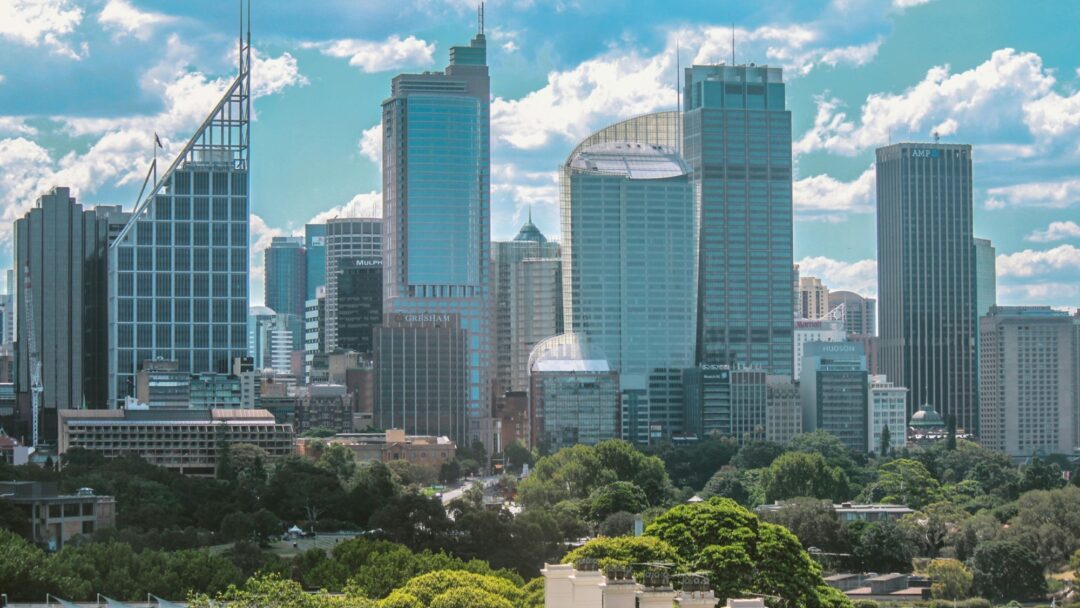
Disability Pride Month in July promotes awareness about people with disability and also celebrates individuals with disability.
Hannah Solomons - Sydney Disability Pride
Ablequest by 2RPH
Hannah Solomons - Sydney Disability Pride
•14 mins
Audio
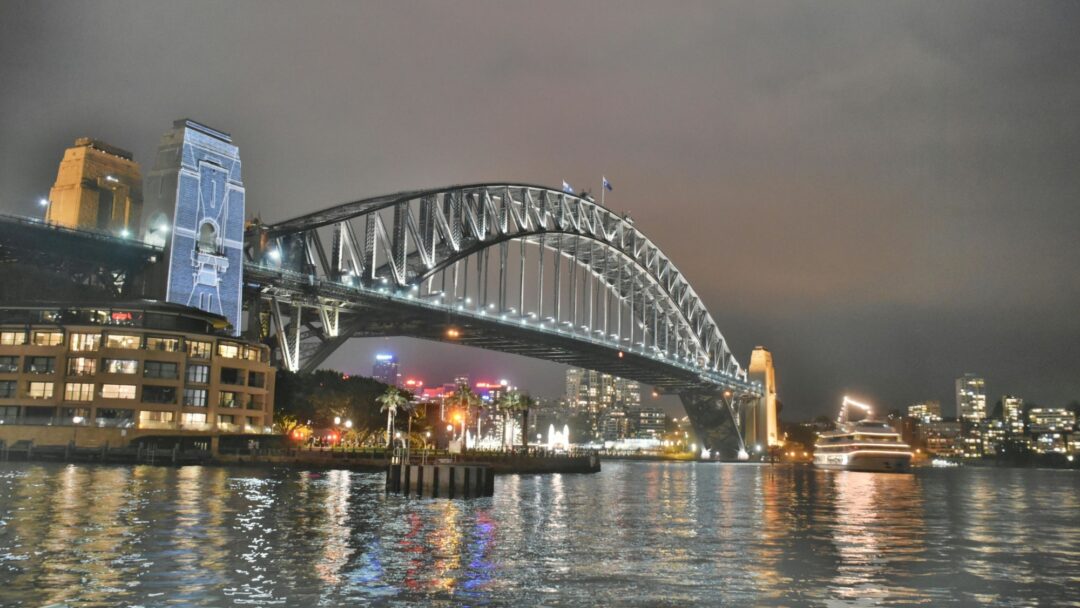
Deb Roach is a three-time pole dancing world champion yet she has only one arm.
Deb Roach
Ablequest by 2RPH
Deb Roach
•13 mins
Audio
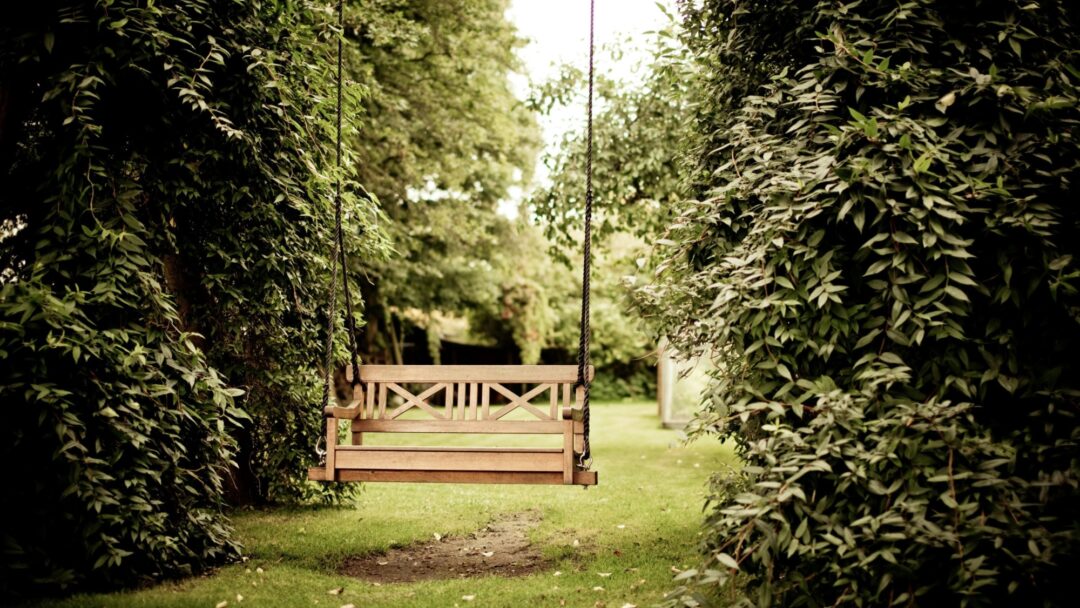
Being in nature is good for you whether it is being in the garden or walking along the beach.
Kayte Kitchen - Admirari Nature Therapy
Ablequest by 2RPH
Kayte Kitchen - Admirari Nature Therapy
•14 mins
Audio
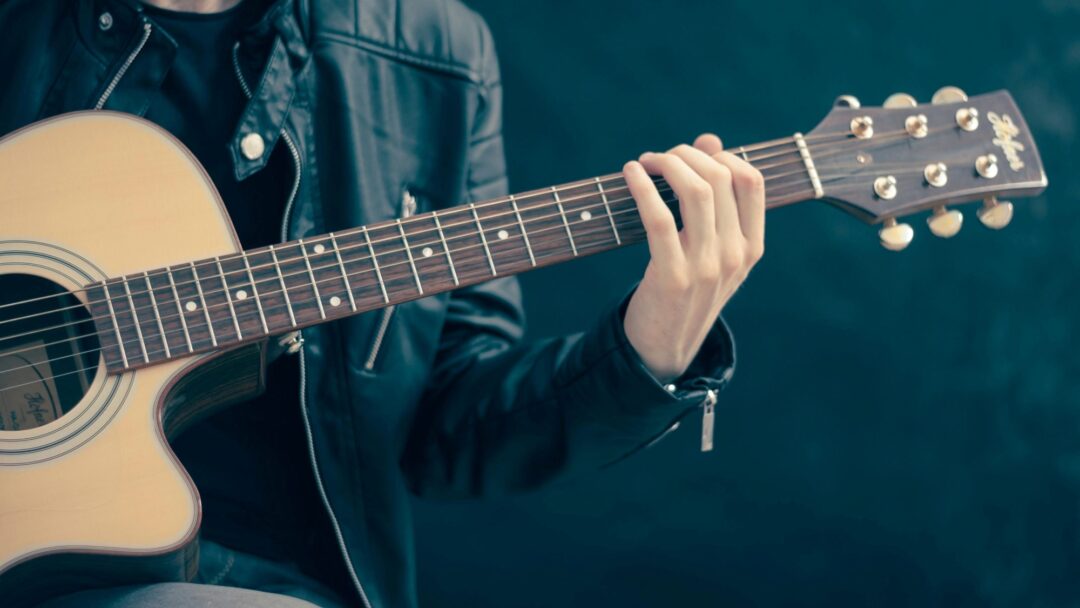
Music can evoke emotions that bring back memories and the same is true for people living with dementia.
Zara Thompson - Music Therapy
Ablequest by 2RPH
Zara Thompson - Music Therapy
•14 mins
Audio
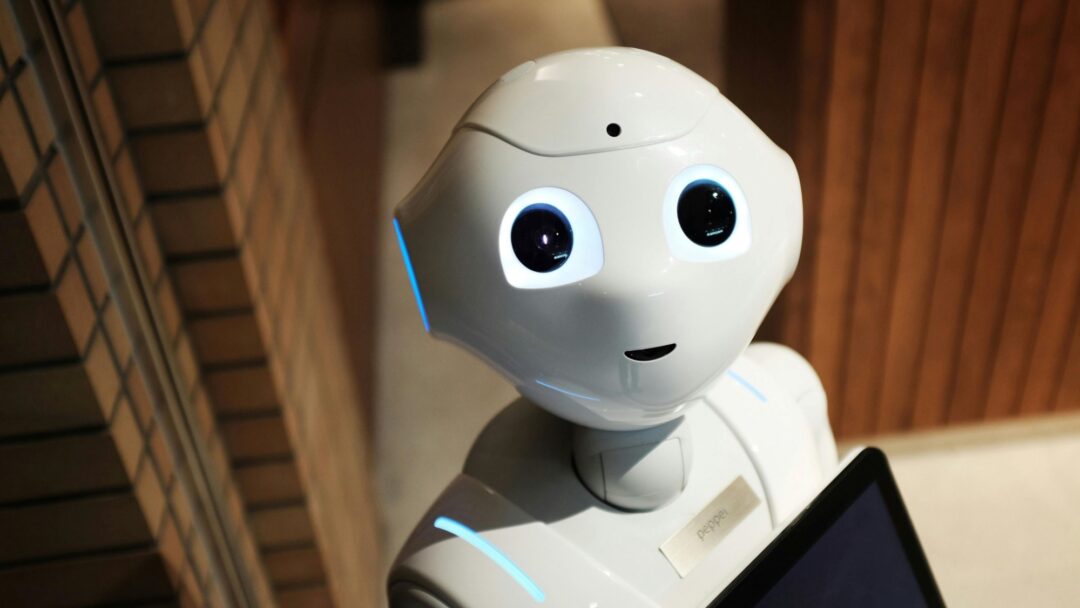
Laura Boccanfuso is founder and CEO of Van Robotics, a social robotics company based in South Carolina in the United States.
Laura Boccanfuso - Van Robotics
Ablequest by 2RPH
Laura Boccanfuso - Van Robotics
•14 mins
Audio
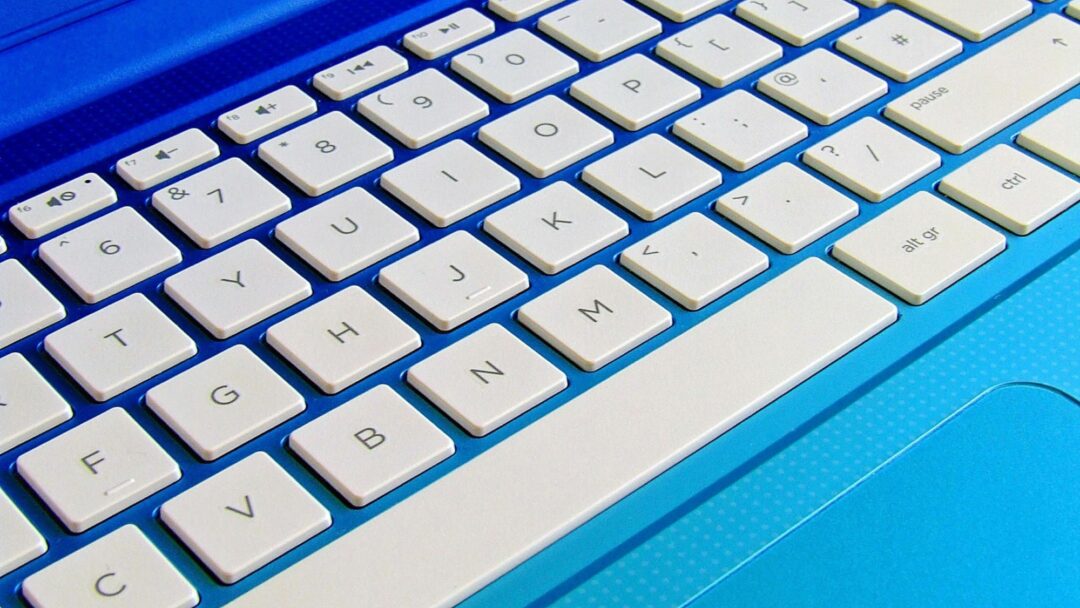
Two years ago Maggie O'Connell, in her mid 20's never had a full time job.
Maggie O'Connell - AFP
Ablequest by 2RPH
Maggie O'Connell - AFP
•14 mins
Audio
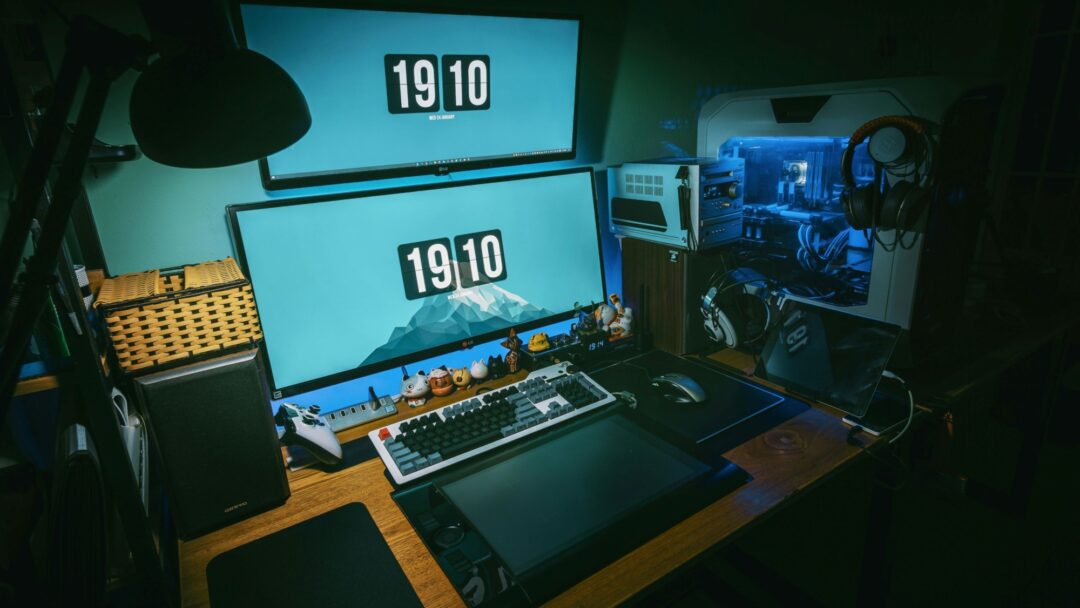
Julie Ross-Edwards, founder of Head High Disability Services, returns to Ablequest to speak more about Head High's philosophy and special approach.
Head High (Update)
Ablequest by 2RPH
Head High (Update)
•13 mins
Audio
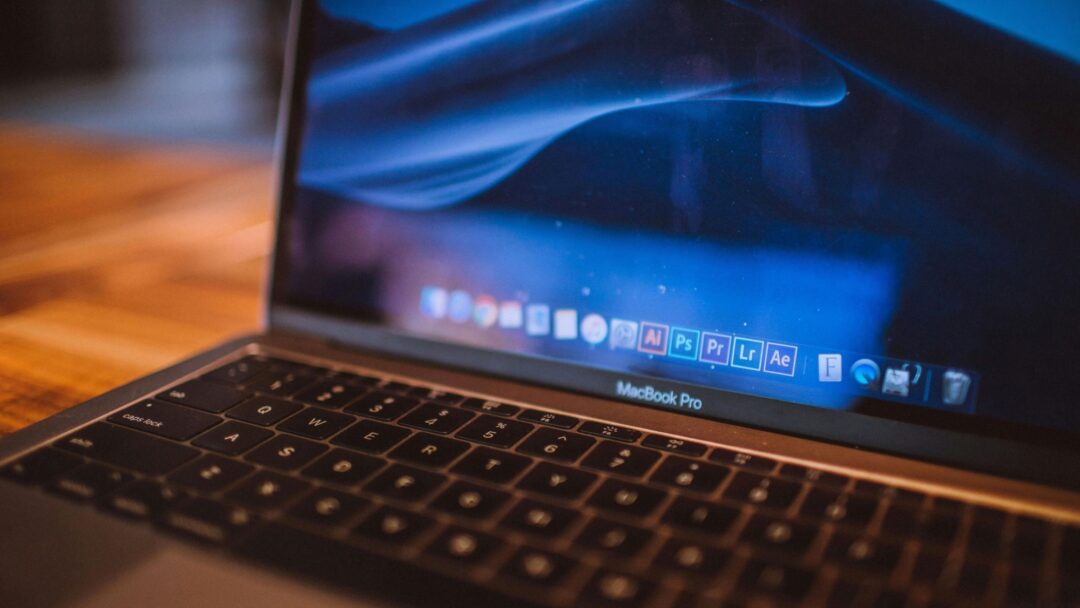
David Woodbridge, an expert in assistive technology for people with no or low vision, is a regular guest on Ablequest.
David Woodbridge
Ablequest by 2RPH
David Woodbridge
•14 mins
Audio

Pete Horsley is the Founder of Remarkable, a global start up and initiative of the Cerebral Palsy Alliance.
Pete Horsley - Remarkable Disability Tech Summit
Ablequest by 2RPH
Pete Horsley - Remarkable Disability Tech Summit
•14 mins
Audio